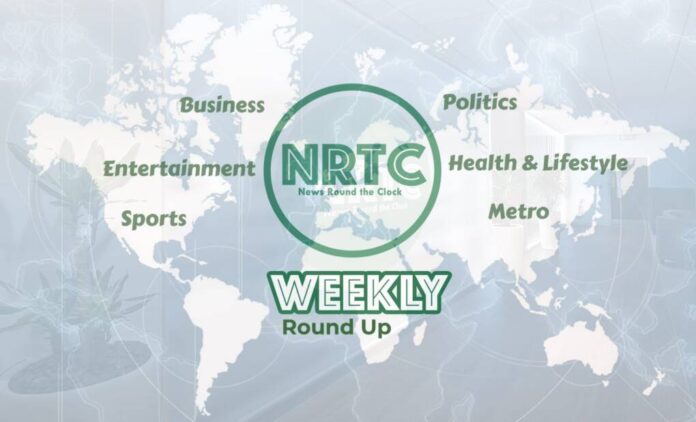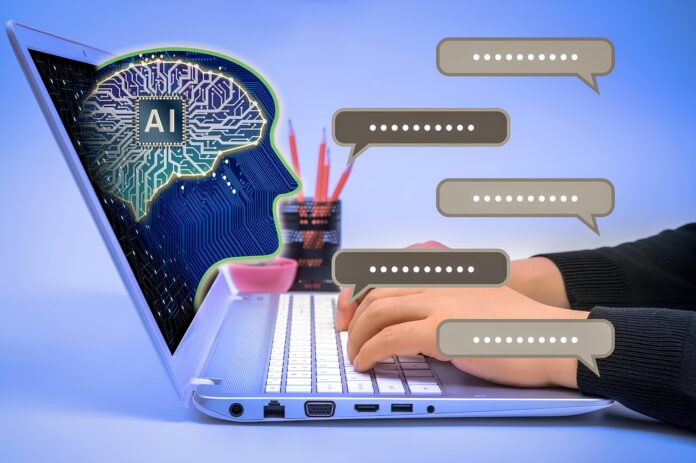Estimated reading time: 3 minutes
Two years ago, the extreme and extra-effective deep learning chatbot ChatGPT raised instant scepticism about Google’s dominance. Today is the starting point of what some have called the “AI search wars,” as OpenAI introduces ChatGPT Search features to paid users.
ChatGPT Search is not an independent product. It has been integrated into the ChatGPT interface. It is fully functional, launching a web search at any time the AI feels it is required, or there is an option in the standard ChatGPT interface to look it up manually.
While using ChatGPT Search is not much different from conversing with any regular ChatGPT model. This search engine processes your questions as a normal conversation, it can gather the whole context of a conversation to capture the intended question, and it may use information that was memorized by it. You can do follow-up questions not only with the specific prompts but also after getting any search results from ChatGPT.
With that being said, an important aspect is that, unlike other search engines, ChatGPT Search does not face problems from being restricted to the knowledge cutoff date. It can present the most current information on current events, the stock market, sports scores, and climate. It also states its sources—a sidebar with articles and webpages listed appears each time you engage with Search. You may also get pictures or maps if such items appear in the result of a web search at the top.

More like this
This approach is antithetical to Google Search’s AI Overviews system. Google Search is a traditional search engine – it gives a list of websites that might be linked to your search term – but now there is this AI Overview box stuck at the top of some returns. ChatGPT Search is intended to respond to your questions without referring you to such websites of the moment, however, the citations that are attached to a sidebar could be removed to allow users to have full access to such websites, download links or information on their choice every time they wish.
The citations feature will also likely be welcomed by publishers and website owners who are concerned that AI search engines, which are optimized for human-written web articles, blogs and social media posts, are detrimental to their operations. Another similar case is that ChatGPT has been sued by The New York Times for reproduction of copyright work and another copyright case against a rival AI search engine called Perplexity. To its credit, OpenAI has assured websites it will respect their robots.txt crawler preferences and that it will not crawl paywalled websites not participating in the ChatGPT media partnership program.
Anyway, the issue of copyright is expected to be a constant headache for companies like OpenAI in the future. Other issues include the fact that AI hallucinations are inevitable and that there is misinformation and search manipulation. Regardless of the point being made, ChatGPT Search will make mistakes, small and large. That is a fact. Google’s AI was a massive blunder that taught people how to find hilarious humour in AI’s ignorant mistakes but has yet to see how audiences will react to a massive catastrophe.







